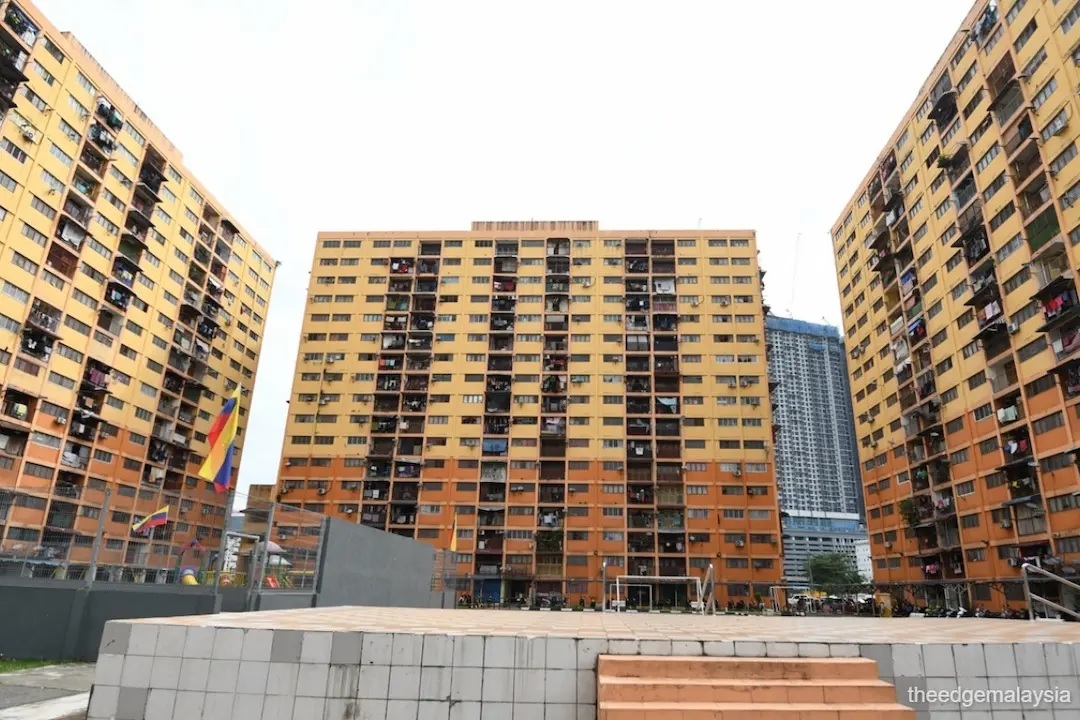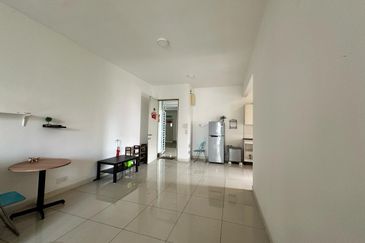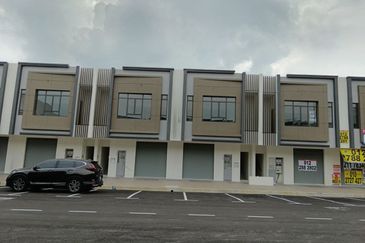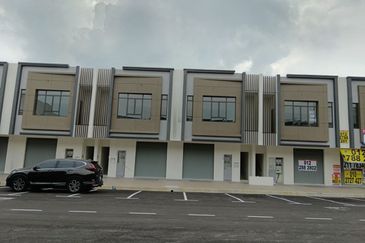
- While recognising the significant merits of the proposed Act in advancing urban renewal, MIP added that there “remains an opportunity to further enhance certain provisions to strengthen clarity, inclusivity, and practical applicability”.
KUALA LUMPUR (April 21): The Malaysian Institute of Planners (MIP) welcomes plans to introduce the Urban Renewal Act (URA) as an important step towards revitalising aging dilapidated urban areas and promoting sustainable urban development.
In a statement today, MIP “acknowledges the need for a comprehensive framework to facilitate urban renewal efforts while ensuring the well-being of communities and the effectiveness of the redevelopment agenda”.
While recognising the significant merits of the proposed Act in advancing urban renewal, MIP added that there “remains an opportunity to further enhance certain provisions to strengthen clarity, inclusivity, and practical applicability”.
In light of Malaysia’s distinctive urban development landscape, characterised by strata property considerations and existing land legislation, MIP “affirms the importance of establishing a comprehensive framework that not only facilitates urban renewal efforts but also upholds community well-being and promotes the efficient implementation of redevelopment processes”.
Urban renewal is most impactful when approached not solely as a redevelopment initiative but as a strategic opportunity to elevate the quality of life in targeted areas, MIP explained.
It highlighted the importance of aligning the URA with broader urban planning objectives, particularly the enhancement of public facilities, infrastructure, and overall community well-being within relevant cities and settlement areas.
“MIP acknowledges and appreciates the government’s commitment to safeguarding the rights of land and property owners under the proposed Act. To further strengthen public confidence in the framework, MIP encourages continued and inclusive engagement with stakeholders, particularly on matters related to land use policies and legal provisions.”
A key aspect of successful urban renewal lies in the efficiency of redevelopment timelines. MIP supports the Act’s objective of addressing delays and strengthening implementation. To further support its effectiveness, MIP suggested “that additional clarity be provided on the mechanisms to facilitate agreements among property owners, ensuring a smoother and more coordinated execution”.
“It is important that the potential social and economic implications of the Act, particularly for strata title owners and affected communities, are thoughtfully considered through comprehensive impact assessments and feasibility studies to ensure equitable and sustainable outcomes,” stated MIP.
“MIP encourages a data-driven approach in policymaking to ensure positive outcomes for all stakeholders. In addition, MIP highlights the importance of integrating various monitoring tools and impact studies, such as Social Impact Assessments (SIA), Heritage Impact Assessments (HIA), and Environmental Impact Assessments (EIA), to ensure a holistic and sustainable urban renewal process.”
MIP stated that with urban redevelopments already taking place in various parts of the country, it is essential to build upon past experiences and enhance existing frameworks.
“MIP supports a structured and phased approach to implementation, which allows for adjustments based on real-world challenges and lessons learned.”
The body also recommended that the Act explicitly outline clear dispute resolution mechanisms for property owners who may have concerns about redevelopment, as well as provisions to manage the impact on surrounding areas in a fair and transparent manner.
“In addition, continuous engagement with stakeholders through structured dialogues and transparent decision-making processes will contribute to a more successful and widely supported urban renewal initiative,” added MIP.
The body also recommended that the identification of urban renewal and redevelopment areas be included in the local plans and/or special area plans under the provisions of the Town and Country Planning Act 1976 (Act 172).
“This approach provides additional statutory recognition, ensures alignment with existing planning frameworks, and facilitates\coordinated implementation by relevant authorities. Integrating these areas into local and special area plans enhances transparency, promotes stakeholder engagement, and strengthens the legitimacy of urban renewal initiatives,” stated MIP.
Want to have a more personalised and easier house hunting experience? Get the EdgeProp Malaysia App now.
TOP PICKS BY EDGEPROP

Dedaun Hijau (Greenfield Regency)
Tampoi, Johor

Taipan Business Centre, USJ 10
Subang Jaya, Selangor

Uptown Rimbayu, near Kota Kemuning
Telok Panglima Garang, Selangor






















